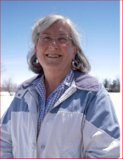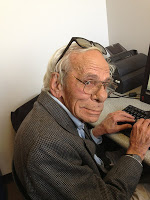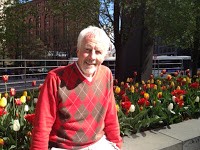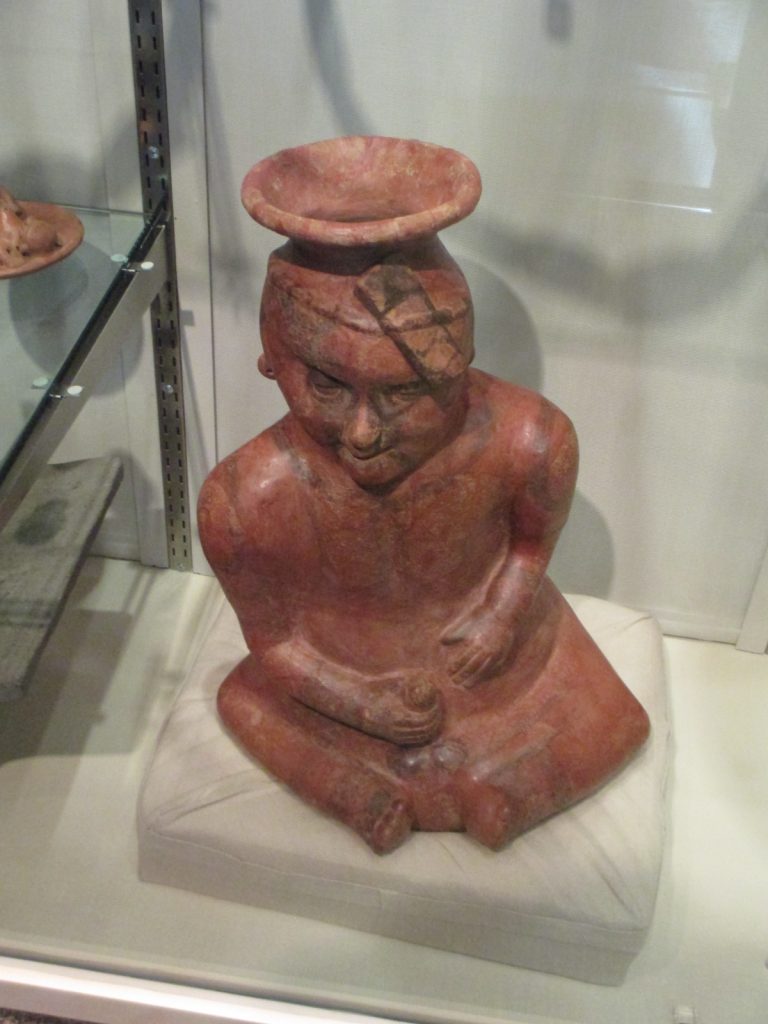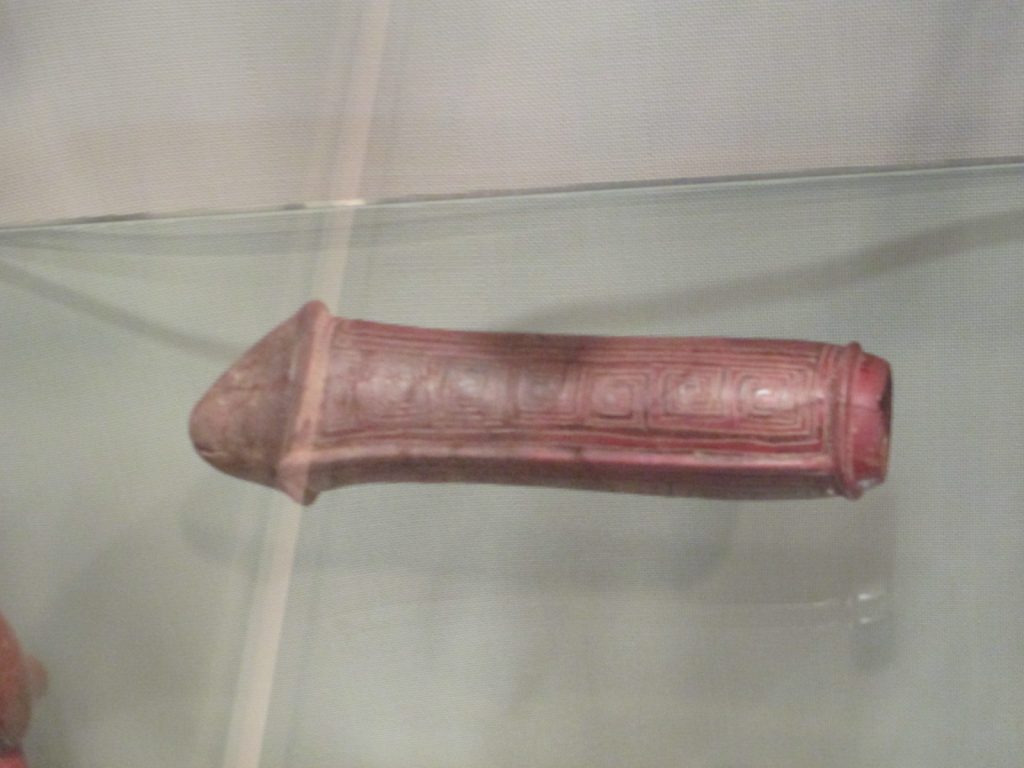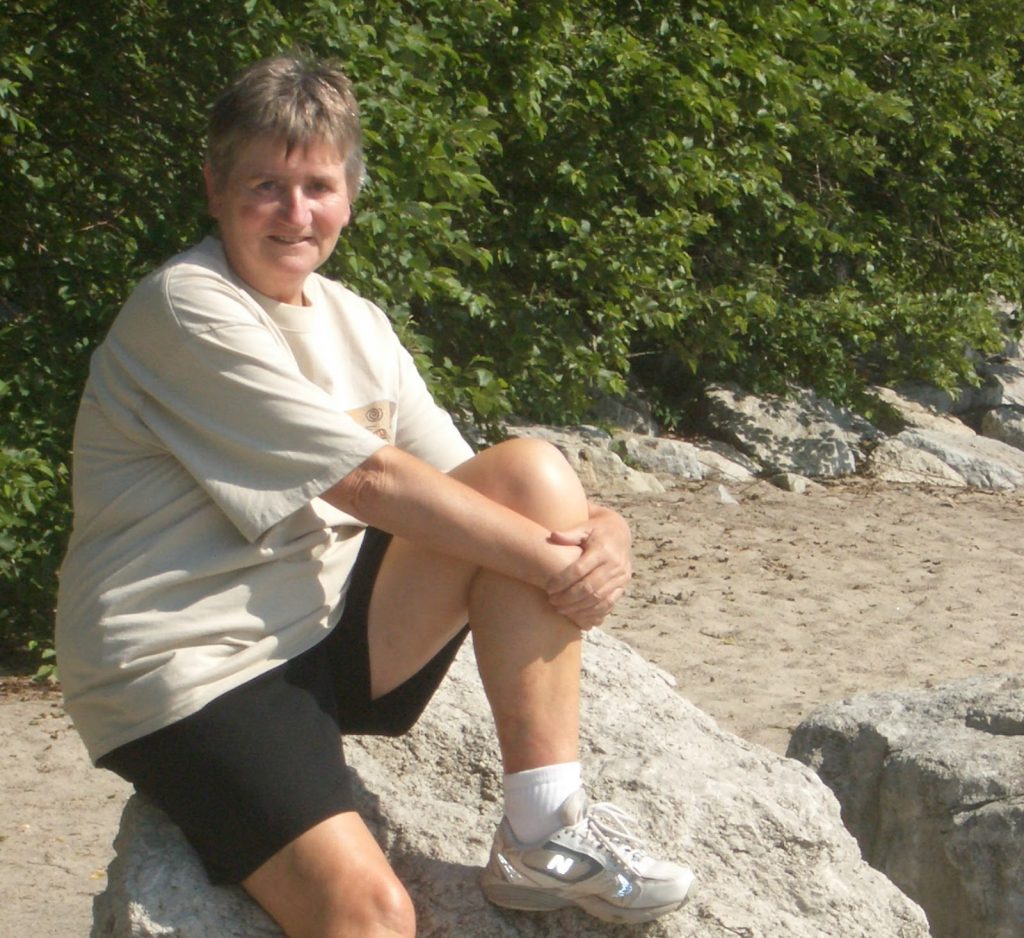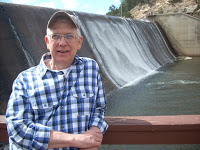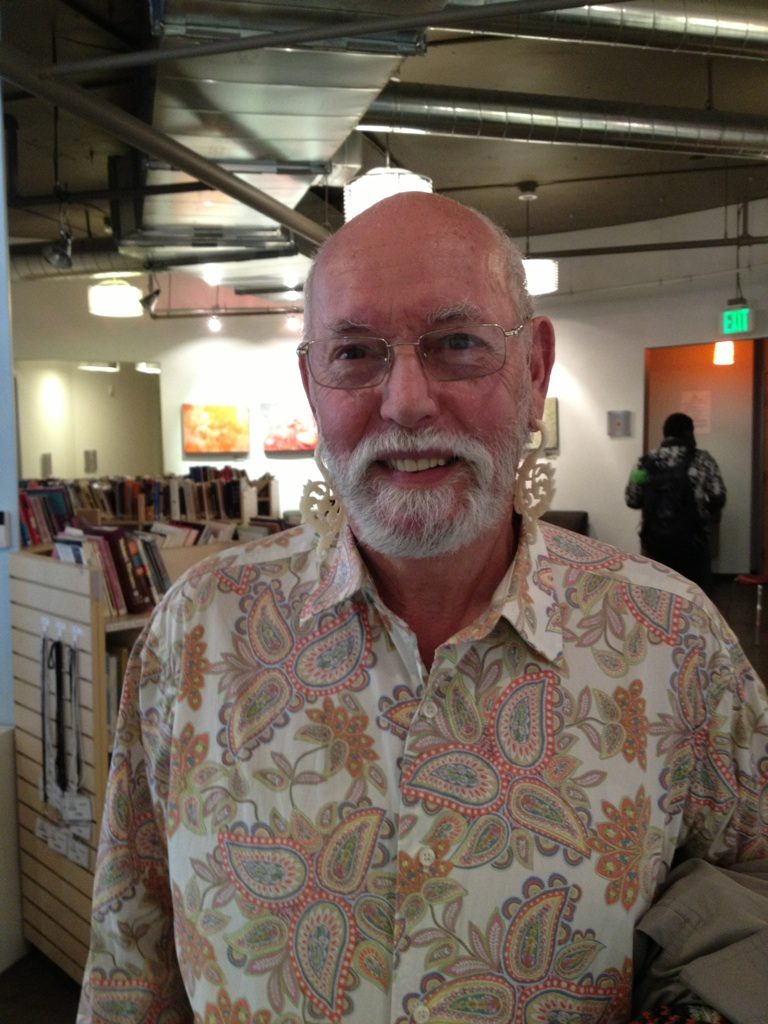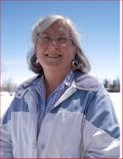It’s probably true for each one of
us, we sit down a few days before Storytellers, or the day before, or the
morning of, look at the topic and think, What the hell can I say about this
one? I’ve said just about every other
Monday about how I had to scrounge for inspiration. Somehow, though, sometimes with only an hour
to spare–and sometimes thanks to the dictionary, a memory, or
Google–something would suggest itself.
Looking at today’s topic, Goofy Tales, right up to this past Saturday
morning I was thinking maybe I would just skip today, or take a pass and just
be a listener. But then on Saturday…
I went to the first meeting of a writers’ workshop I’d
enrolled in. The instructor had warned
us by email the previous week, in addition to the usual first-day
stuff–introducing ourselves, talking about our individual goals, and laying
out a plan for the coming four weeks–we’d do a half hour or so of free writing. The topic would be revealed to us on the
spot. So last Saturday morning, we met
at the appointed hour, did the go-round of introductions–seven women and
me–stumbled through defining short literary nonfiction, when the instructor
said, Okay, it’s time for some free writing.
The topic is guilty pleasures.
“I want you to begin,” she said, “by thinking of one of your
guilty pleasures, and remembering one particular time when you were really
enjoying it. I’m going to interrupt you
several times to redirect your thinking, but I want you to start by telling
us–in the present tense, create a scene, use dialogue if you like–what it
feels like, this guilty pleasure, to be really, really enjoying it. And then, without warning, you’re
interrupted. What do you do?”
Each of us pulled back into our own private worlds–the
seven women and me–and began scribbling.
Three, four minutes of head-scratching and panicky
scribbling and the instructor said, “The interruption is over. You’re free to go back to enjoying your
guilty pleasure. What do you do
now?”
A few more minutes of wild writing and the instructor
said, “Now think back to one time–an earlier time–when you were caught
in the act of your guilty pleasure-absolutely
caught. Again, create a scene, but now
using the past tense, tell us what that was like. What did you say to the person who caught you
in the act?”
Heads down, scribble, scribble, and we were done. The reason I’ve mentioned already that the
workshop was made up of seven women–the instructor was also a woman–and me,
is because of what these other students had come up with for their guilty
pleasures, and what I’d written. We
started around the table clockwise, reading aloud our free writing. Denise–and here I’m using phony
names–Denise, a bank manager from Louisville, confessed her addiction to dark
chocolate. Tessa, a Montesori teacher
from Golden, opened up about her secret love for reality TV. Joyce, who introduced herself as “only a
housewife,” revealed her passion for celebrity gossip magazines. The youngest workshopper, Karen, a sophomore
at Metro, said something about not being able to pass up Starbucks lattes. Then they all turned to look at me. The instructor said, “Well, Colin, what
have you written?”
I thought: dark chocolate, reality TV, celebrity
gossip, Starbucks lattes. I looked down
at what I had written, with no time to change anything, looked up at all the
women–who all now looked like my mother, even Karen–and began:
“I have it in my hand
when they come in. Surprised like that,
there’s no way I can put it away quickly.
I do the best I can, though, and press it into my lap…
Back to the workshop.
There were a few uneasy coughs around the table, and I could hear
folding chairs squeak–but I knew there was no turning back, so I read on…
“Luckily there is a copy
of Westword next to me, which I quickly slide over, making of it a sort of
paper apron. ‘You didn’t knock. You scared me,’ I say, joking.
“‘Yeah, boo,’ Gerry, the
jock asshole says, screwing up his nose.
‘You got the paper upside down.
Whatcha hiding?'”
“Tony, the assistant
asshole, who hangs back by the door, says, ‘We’re gonna go workout. Wanna come?’
“‘Let’s see what you got
there,’ the jock asshole says, and grabs for the Westword.
“‘Nothing,’ I say,
letting the paper get taken, knowing in the split-second I had had I have moved
it deep down and out of sight. ‘See?’
“‘Yeah, well, thought you
were hiding some good shit.’
“‘Let’s go,’ says the
assistant asshole, and they disappear as abruptly as they appeared.
Back when I’d been doing the free writing, this was
when the instructor broke in: “The interruption is over. What do you do now”? Now, reading what I’d written, I looked up at
the women, each one with an expression of Oh, no, am I the only one who thinks
she knows what Ray is telling us?
Confident my salvation is just ahead, I go back to what I’d written and
read on…
“From where I’m sitting
I’m able to lean forward and reach the door without standing. Turning the twist-latch I feel a return of
reasonable privacy. I reach down between
my legs, around the curve of my inner thigh, lift it into the light of day and
hold it with both hands: The Oxford Book
of English Verse. My breathing
quickens as I open to Coleridge–back to The Ancient Mariner:
Like one that on a lonesome road
Doth walk in fear
and dread,
And having once
turned round walks on,
And turns no more
his head;
Because he knows,
a frightful fiend
Doth close behind
him tread.
“My guilty pleasure (I wrote) in this freshman land of asshole jocks is 19th-century romantic poetry. My 1942 Oxford goes with me everywhere.”
I got that far Saturday in my free writing about guilty
pleasures and I thought, Good Lord, this is silly. And then, driving home Saturday from the
workshop, I also thought, You know, the story I just free wrote and then had to
read aloud–it wasn’t just silly. It was
goofy! But back again to
Saturday…
Back to when we were free writing. The instructor interrupted for the last time
and asked us to recall an earlier time when we had been caught–in no uncertain
terms–in the act of our guilty pleasures, I wrote:
“My father, who had no
interest in literature, and who was outspoken especially in his contempt for
poetry–fag lit, as far as he was
concerned–threw open my bedroom door, making the big posters taped over my
bed–my unframed Virginia Woolf and Walt Whitman portraits rattle like paper
flags. And there I was, spread-eagled on
my bed, the Oxford in my hand,
savoring again my Ancient Mariner.
Caught dead to rights in the act.
“‘Damn it, son,’ my
father said, a look of deep disgust on his face, ‘I’ve told you what that
shit will do to you.’
“‘But, Dad…
“‘Give it to me,’ he
said, thrusting his hand toward the Oxford.
“‘No, Dad!” I
yelped, recoiling against the headboard.
‘Please!’
“‘Stop with that shit
now, son. Hand it over.’
“‘No, please, Dad,
no. Please let me read my
Coleridge. Please. I promise, Dad, I really do, I promise I’ll
stop before I go blind.”
Here endeth the free writing.
And here endeth today’s goofy tale.
About the Author
Colin Dale couldn’t be happier to be involved again at the Center. Nearly three decades ago, Colin was both a volunteer and board member with the old Gay and Lesbian Community Center. Then and since he has been an actor and director in Colorado regional theatre. Old enough to report his many stage roles as “countless,” Colin lists among his favorite Sir Bonington in The Doctor’s Dilemma at Germinal Stage, George in Who’s Afraid of Virginia Woolf? and Colonel Kincaid in The Oldest Living Graduate, both at RiverTree Theatre, Ralph Nickleby in The Life and Adventures of Nicholas Nickleby with Compass Theatre, and most recently, Grandfather in Ragtime at the Arvada Center. For the past 17 years, Colin worked as an actor and administrator with Boulder’s Colorado Shakespeare Festival. Largely retired from acting, Colin has shifted his creative energies to writing–plays, travel, and memoir.
